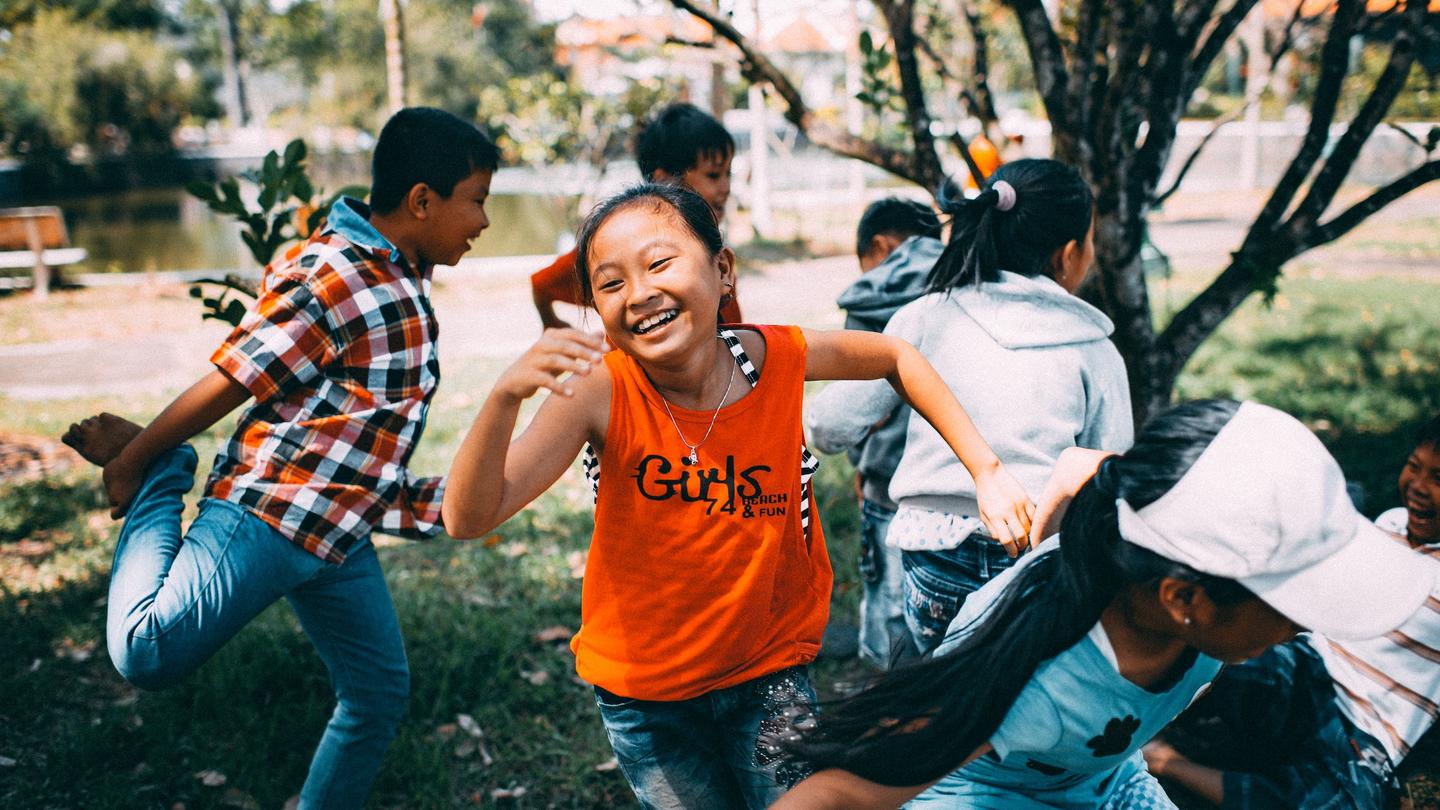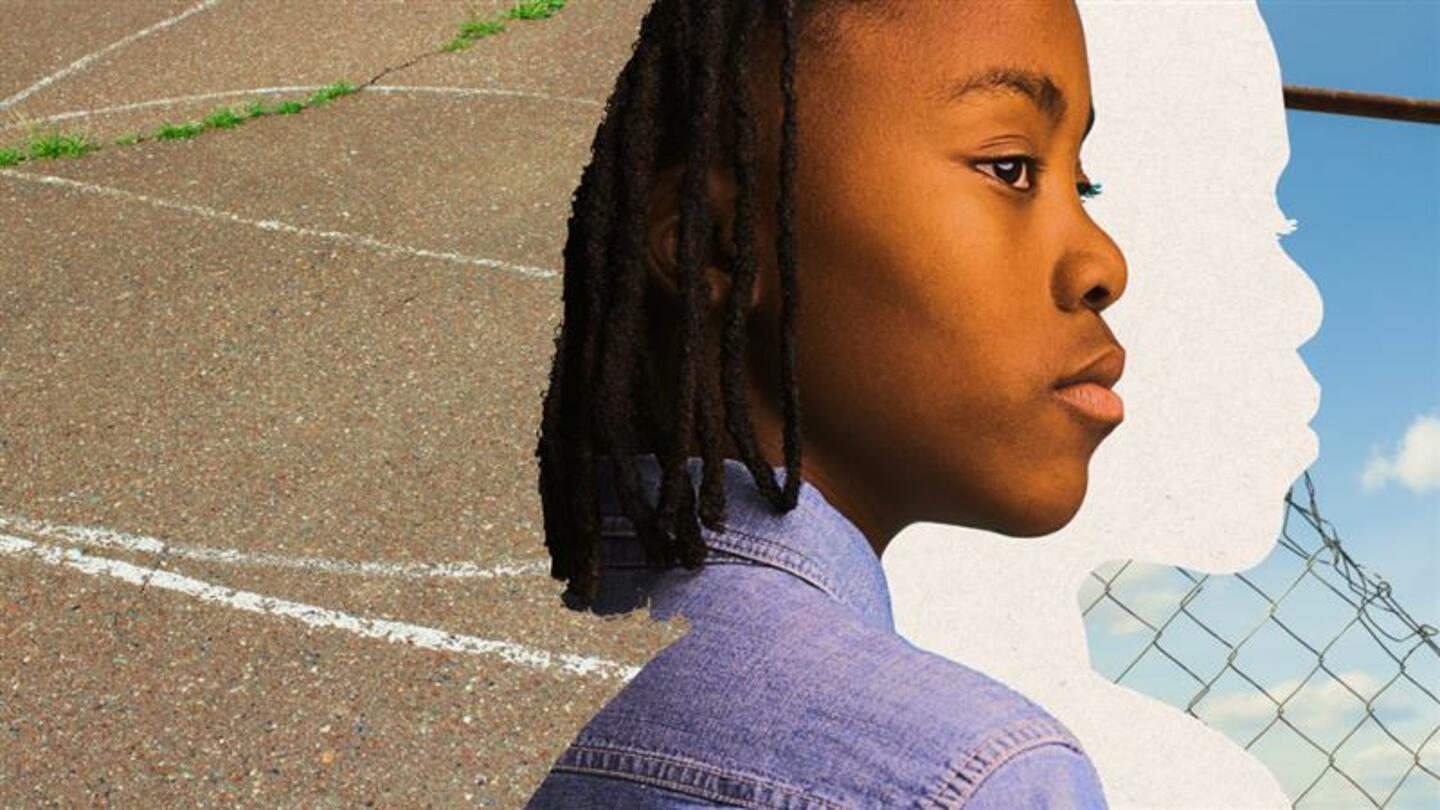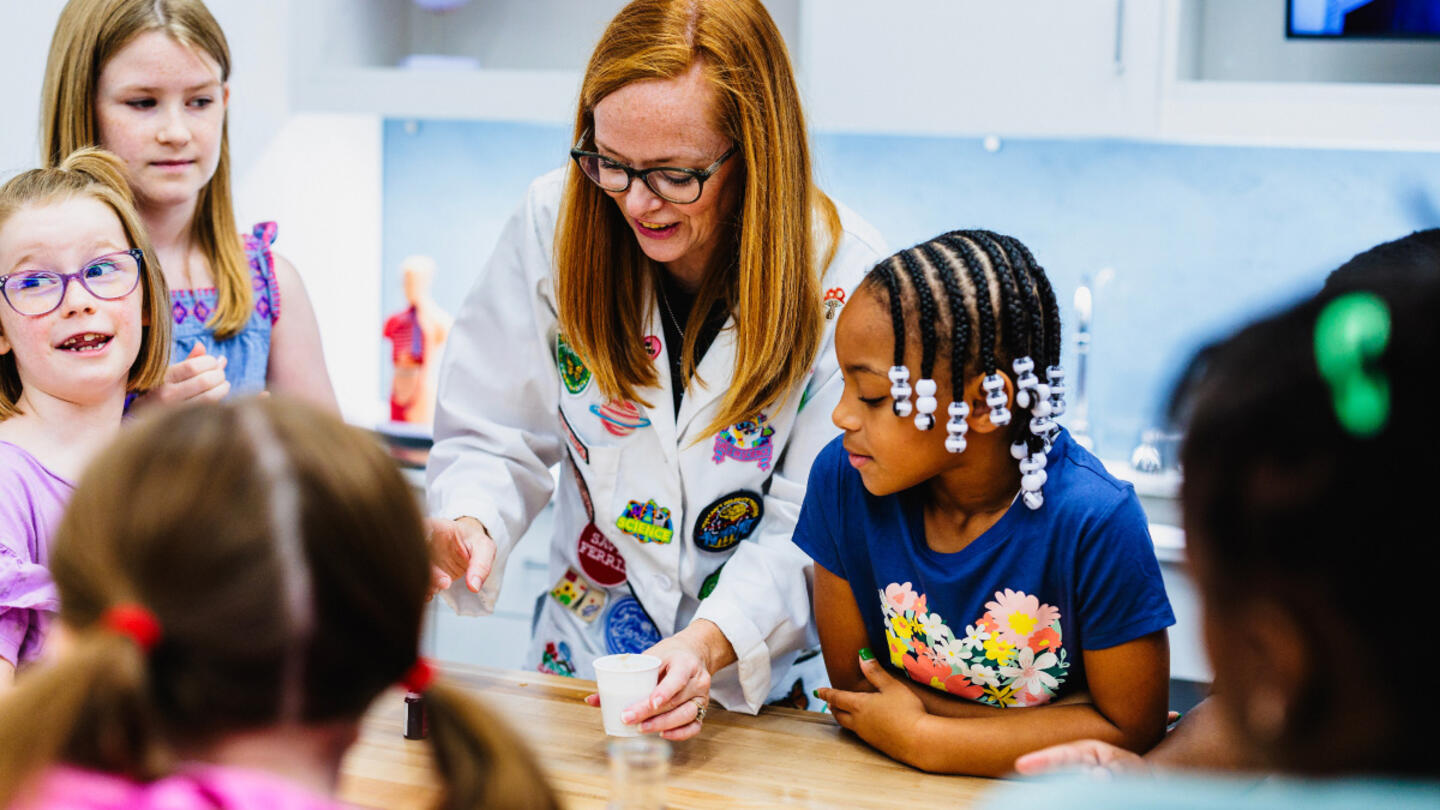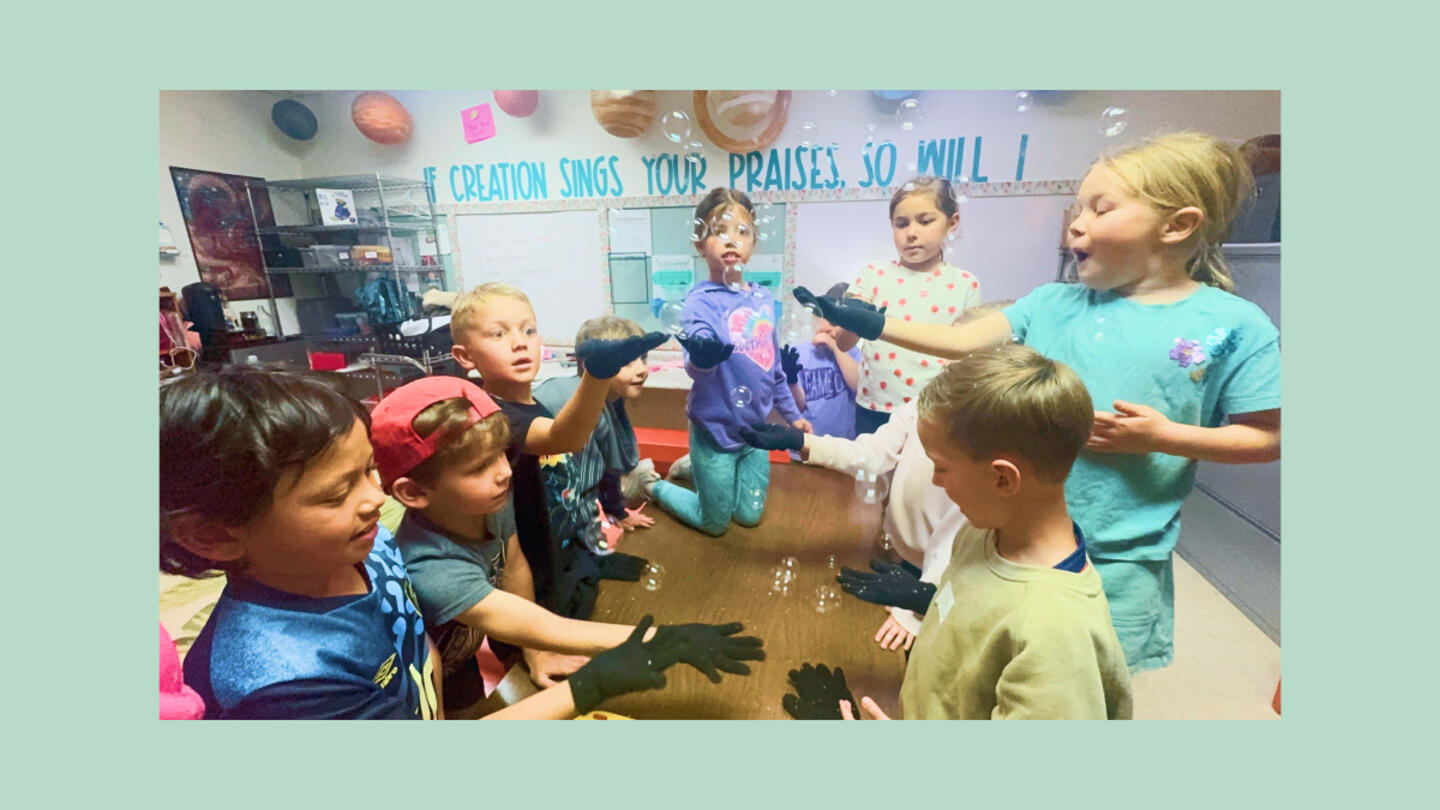Across the country, students have returned to schools under a semblance of normalcy.
With two years of pandemic disruption fundamentally changing how children learned and socialized, schools are encountering an issue no amount of masking and bleach can fix: a crisis in student mental health.
"Nearly all students have experienced some challenges to their mental health and well-being during the pandemic," the Department of Education reported, adding that many students have lost access to school-based services that used to help.
But a possible solution to both the mental health and educational challenges that students face may lie in lessons learned from the beginning of the pandemic. And it may be a surprise to some.
The benefits of freedom
Boston College professor of psychology and free play proponent Peter Gray was among the researchers who began surveying the attitudes and emotional states of children in the spring of 2020, during the first months of school shutdowns. Altogether, 1,600 parents and 1,600 children responded to the survey; parents were asked how they thought their kids were doing, while the children were asked about their mood and how they were using the unfortunately acquired free time.
The result: Most of the kids reported positive impacts in mental health and mood.
"The sudden cancellation of school and other scheduled activities that typically occupied our children's time led to a greater discovery of self-exploration," Gray said. "With less schoolwork and more free time, we found children enjoyed their increased independence."
Three other studies into the new free play time, conducted in the US, UK, and Norway, found similar results, Gray wrote in the paper. And other experts agree.
When given the chance to participate in free play, kids often take their choices seriously, psychologist and children's mental health researcher Rachael Sharman told the ABC (the Aussie one). That seriousness often means that one of parents' biggest fears — that giving kids more freedom may increase the odds of putting them in danger — seems to be unfounded, as rates of injury often go down and better judgments get made.
"The research shows very clearly that if you give kids a little bit of independence most of them in fact did better than when adults were attempting to control them and helicopter parent them," Sharman said.
"The kid feels responsible, they feel like the parents trust them and they take that trust seriously. They don't want to squander it."
What does free time look like in practice? And does it really work?
By bringing a bit of that unstructured time to play, develop interests and social skills, and learn on their own, programs like the Gray co-founded Let Grow's Play Club — which schools are already finding has increased mental and emotional well-being, as well as academic scores — may be able to bring some of those early-pandemic positives to children who are now back at school.
In these Play Clubs, unstructured, mixed-age free play with minimal supervision lets kids tackle complex issues like "making friends, learning empathy, learning emotional regulation, learning interpersonal skills," as well as empowering the students by letting them find their own place in the school's community, Kevin Stinehart, a fourth grade teach who founded a Play Club at South Carolina's Central Academy of the Arts, wrote in an essay.
During free play, his students develop crucial skills in critical thinking, creativity, collaboration, self-direction, perseverance, and communication, Stinehart wrote. And those kinds of skills can't be just taught by a teacher.
"When my school stopped treating students just as empty brains to fill with knowledge but instead as holistic people with a huge social-emotional component to nurture, adding more time with their peers in free play was a no-brainer," Stinehart wrote.
So what does teaching kids to be empowered look like?
At Central Academy's Play Club, there's only one rule: don't hurt anyone.
Other than that, the kids are allowed to develop their own games, relationships, and decision-making skills. They may dive into writing their debut novel with a friend (working together), eat snacks and chat (communication skills), or use their imagination to turn crates into train cars (creativity), as The Post and Courier observed on its visit.
The true value of Play Club is in what it brings to the students as a whole — one boy had never been spotted smiling before free play, Stinehart told the P&C. The program has had academic benefits, too.
"We didn't start Play Club to raise test scores," Stinehart said. "All of that was just icing on the cake."
In Las Vegas, Bloom Academy takes a similar, but different, approach to providing children the freedom to realize their own potential, harnessing the benefits and concepts of freedom to help kids guide their education. At Bloom, students have no curriculum or homework. Founded by teachers who were disillusioned with the check-the-boxes state of traditional schooling, Bloom is a "self-directed learning center."
Bloom believes that children are natural learners, and that by choosing their own activities, interests, and projects — with some guidance — they can take charge of their learning.
Like in a Play Club, Bloom's students aren't separated by age; instead, kids of different ages and with any number of interests, strengths, and weaknesses all interact with one another. This has helped Bloom's students to better develop the social, emotional, and reading and language skills needed to be empowered members of a community — and develop cognitively at a faster rate.
Rather than using tests to track student development, Bloom takes an approach much more like the real world: let students pick a big goal and figure out what they need to do to achieve it.
What does free time in school mean for the future of learning?
What these new initiatives and approaches are demonstrating is a transformative core belief: that kids are capable of more. Putting children's independence and resilience front and center may be the shakeup needed to create better, more realized adults, and could be the new future of learning.
Learn more about Stand Together's education efforts and explore ways you can partner with us.



